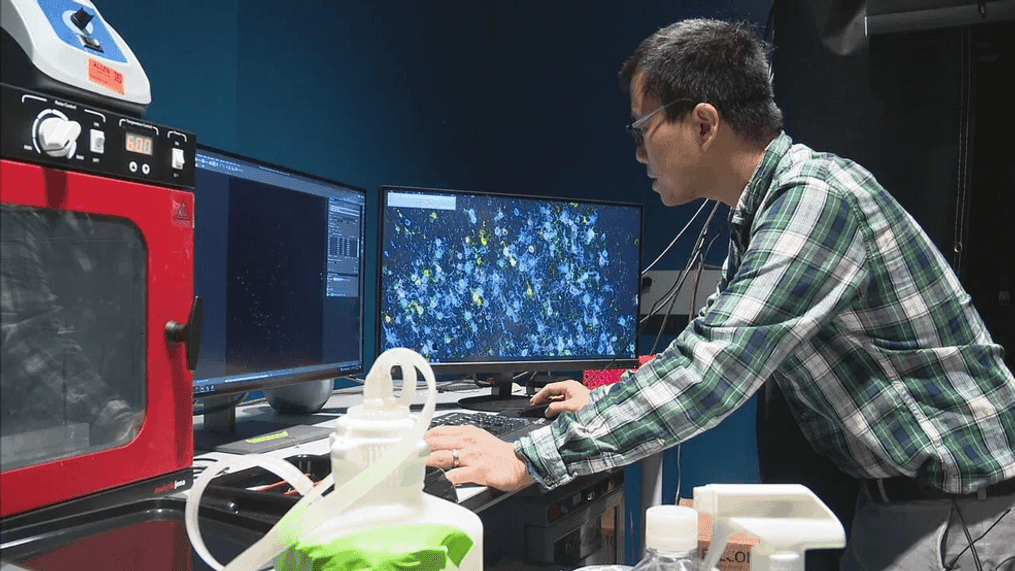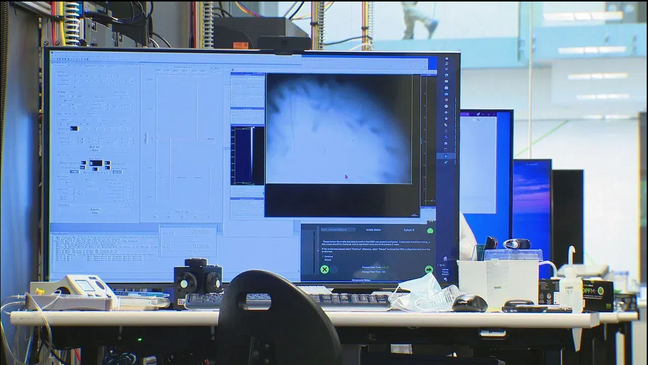Allen Institute awarded 3 grants to map brains in 'incredible detail'
SEATTLE (KOMO) — The brain is one of the most mysterious parts of the human body, generating emotions, thoughts, cognition and all kinds of behaviors. But there's still so much we don't know about how it works.
The Allen Institute of Brain Science launched three new projects to study the brain at a higher caliber in the hopes of helping human health.
"The brain can be considered the most complex system in life," said Hongkui Zeng, the executive vice president and director of the Allen Institute for Brain Science.
The National Institutes of Health awarded the Allen Institute of Brain Science three grants to learn more about the brain. The grants will be used for three different projects, including using electron microscopy technology to see brain connections at the highest resolution.
This is the first time we'll be scaling it up, generating a wiring diagram of a whole brain of any mammalian species," said Zeng. "It's a holy grail of neuroscience.
The Brain Connect program builds on top of the phase one project, which gives the parts list, or the catalogue, of different kinds of brain cells. This project will investigate how different kinds of brain cells are connected to each other to form a giant network.
"The second phase of the brain mapping generates the wiring diagram, or the circuit diagram, for the brain,” explained Zeng. “From there, we can then defer how our brain computes information.”
The third project is a multi-model study of individual cells, linking the cells and their connection to genetic identities and how this profile could change in different disease conditions. Project three provides that link.
That kind of data serves as a Rosetta Stone,” said Zeng. “A Rosetta Stone that will allow you to link different kinds of information about the cell together.
"If you want to know what happens in a brain with issues, you have to know what the normal brain is like first, and I think that's really the critical challenge in the field for understanding these diseases, like neuro-psychiatric diseases," added Xiaoyin Chen, assistant investigator at the Allen Institute.
Chen explained those neuro-psychiatric diseases, such as anxiety and depression, are considered circuit-based diseases.
Researchers said if they know where the circuit breaks down, that can help pharmaceutical companies develop the right drugs to repair those circuits.



